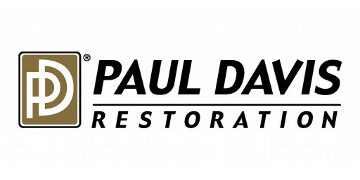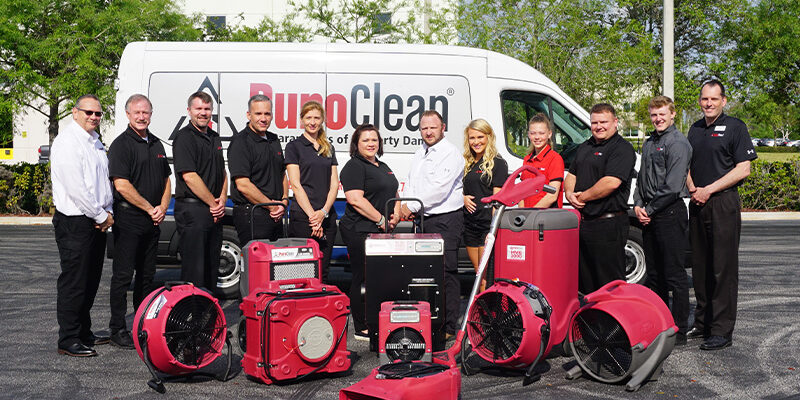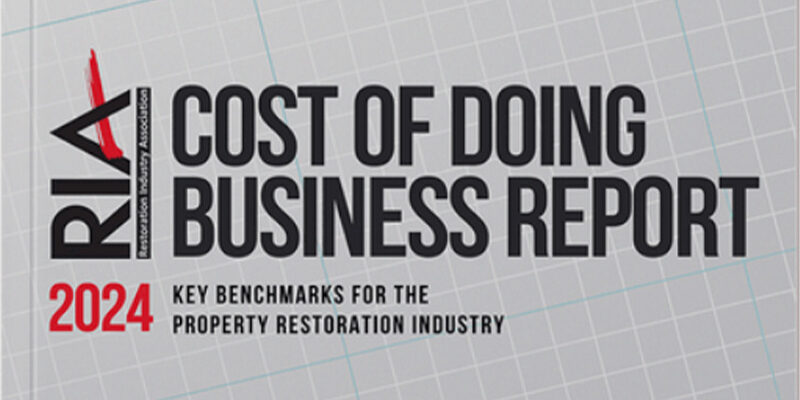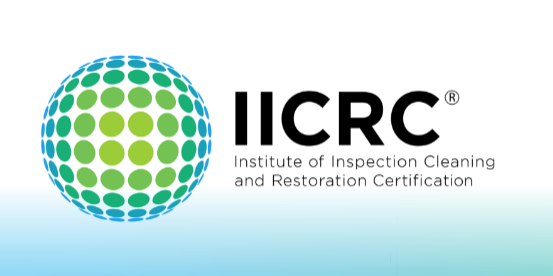Selecting Chemical Resistant Gloves: 10 Tips

Cleaning and restoration professionals often work with chemicals, which means that chemical resistant gloves are a crucial piece of equipment. But all gloves are not created equal.
From knowing all there is to know about the chemicals themselves to specifications for the gloves, here are ten tips to keep in mind when choosing chemical resistance gloves.
- Know the types of chemicals and chemical ingredients you are working with.
- Review the chemical’s Safety Data Sheets to know what ingredients may be potentially harmful.
- Chemical resistant gloves are generally made of latex, Nitrile, Neoprene and PVC. Use a “chemical resistance chart” provided by some glove manufacturers to determine which material will work best with which chemical ingredients.
- Consider the dexterity of the glove; this refers to how easy the glove is to work with.
- Look for gloves that are puncture- and snag-resistant; a snag can catch on an object and cause the glove to tear.
- Determine the needed length of the glove. Long-sleeve gloves, often recommended when working with chemicals, are designed to fit over the hand up to the elbow.
- Select the right sized glove by measuring at the fullest part of the hand, not including the thumb. Chemical resistant gloves typically come in four sizes: small, medium, large and extra-large.
- Selecting the incorrect chemical resistant gloves can result in permeation, when a chemical passes through the glove; breakthrough, the time from contact with a chemical and detection of the chemical inside the glove; degradation, when the glove properties change due to chemical contact.
- OSHA’s Standard 29 CFR provides employers with guidelines as to appropriate hand protection.
- Test the glove.
Impact Products, a leading manufacturer of work gloves and other safety products for the professional cleaning industry, says that some distributors or manufacturers will provide samples of their gloves. The best way to test them is to actually wear them and make sure they are as comfortable as they are protective.
The above list, “Ten Things to Know When Selecting Chemical Resistant Gloves” was provided by Impact Products, LLC.












